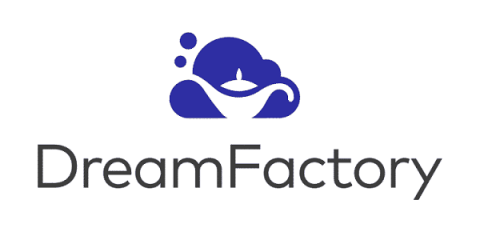Using APIs to Build Robust Cloud-Native Infrastructures
The number of applications and services is increasing as companies face time-to-market pressure from customers. Application programming interfaces (APIs) are a key component of modern software architectures. APIs are tools that let companies share their data internally or with third-party services to create new value-driven products for customers.


